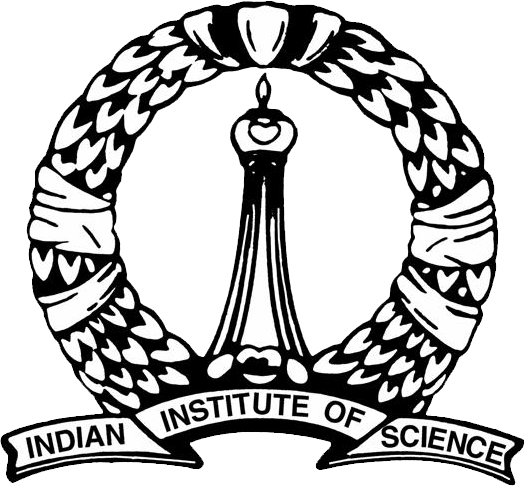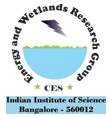Geographical Information Systems: Introduction, Historical development, from the real world to GIS, basic data models, Geo-references and co-ordinate systems, basic spatial analysis and modeling, GIS implementation and project management, GIS issues and prospects.
GIS Perspectives: Environmental research, the state of GIS for environmental research, the state of GIS for environmental problem-solving, GIS and environmental modeling.
Understanding the scope of FOSS4G: Its relationship to environmental modeling and natural resources management.
Data models and data quality: problems and prospects.
GIS in environmental modeling: Hydrological modeling, urban dynamics, biological/ecological modeling, disaster management and risk modeling.
Principles of Remote Sensing: Spectral characteristics of earth’s surface, spatial date pre-processing, classification, accuracy assessment, land use land cover analysis, change detection, biophysical modeling.
Remote sensing and GIS integration: Applications to resources inventorying, monitoring and management. Ground truth date. Digital image processing image classification.
Concept of environment: Economic benefits of remote sensing the geographical uses of remote sensing, sensors for environmental monitoring.
Applications of Remote Sensing: Water in environment in environment, soil and landforms, urbanization, design of Smart Cities, Ecology, Conservation and resource management, Land/land cover dynamics, Urban sprawl analysis, Hazards and disasters, Coastal zone management. Case studies would highlight the application of these concepts in natural resources management.
Selected participants would learn basic concepts of GIS, remote sensing data classification, integration of remote sensing information with GIS, database development and if time permits spatial data modelling and geo-visualisation, geo-server, etc.
Lectures: Lectures will be delivered by Institute faculty members and guest faculty (IIT, IIIT-B, IIIT-H. Session have 60% lectures and 40% hands on training (selected participants need to bring laptop)
Eligibility:
The course is meant for teachers of engineering colleges recognized by All India Council for Technical Education (AICTE) who send their applications through proper channel. There is no course fee for them. Selected teachers will be paid TA at actuals subject to the limit of Three tier AC train/bus fare by the shortest route from the place of work to Bengaluru and back. However, the maximum TA payable is Rs.3000/-. They will be provided with a daily allowance of Rs.500/- (for 5 days only) towards boarding and lodging as per QIP rules, and will be supplied with the course material. The lodging charges will be Rs.300/- per day. Local participants will be paid DA @ Rs.150/- per day for 5 days. The total number of seats are limited to 70 for applying and 35 candidates will be selected for the course.
In addition, non-sponsored AICTE approved college teachers and other self-support teachers, scientists from research labs, practicing engineers from industries and other interested are eligible. They should pay the fees online along with the application as under.


